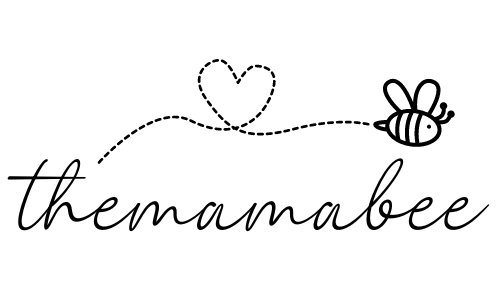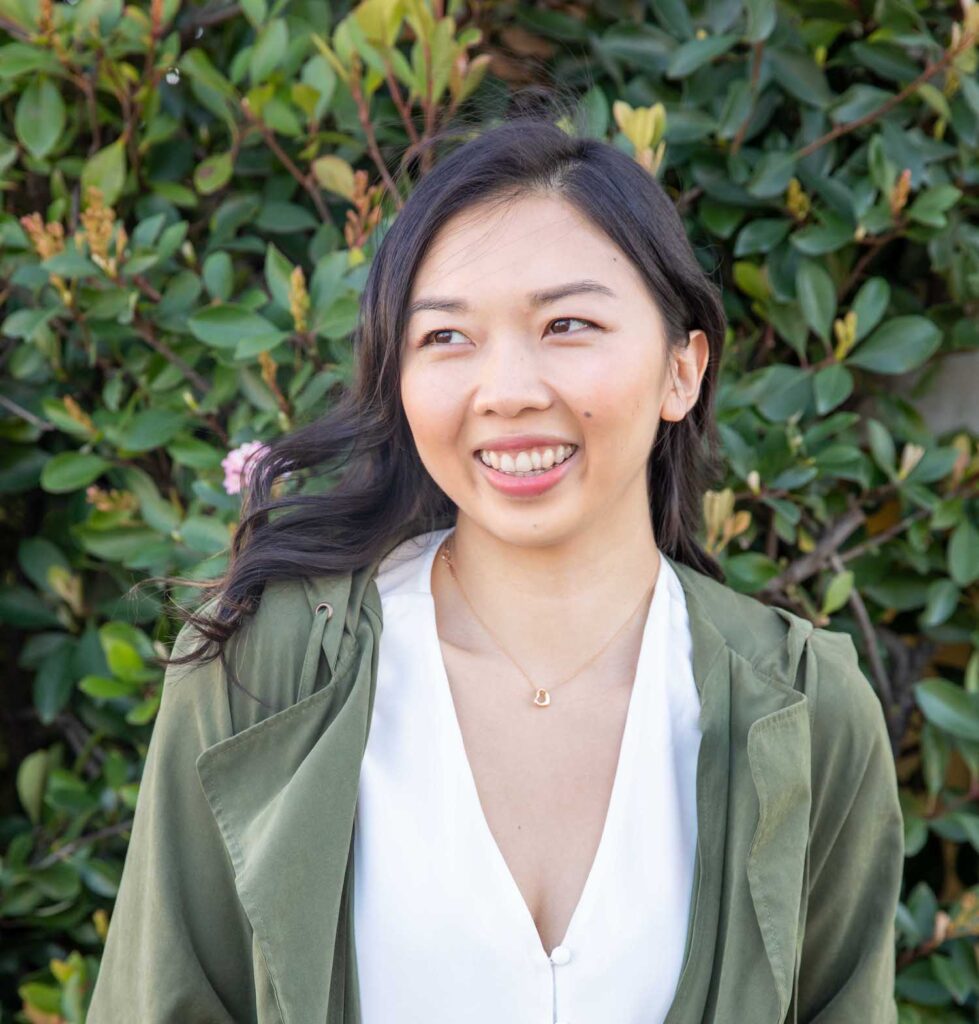Hello mamabees!
Breastfeeding has been quite the journey with my now 18-month old son. Since he was born, I wasn’t quite sure what to expect with breastfeeding. I had some friends who breastfed until 6 months and less than a handful who breastfed until 18 months old. Everyone’s journey is different and there’s no right or wrong timing as long as it works for you and your baby! I wanted to share my personal experience with breastfeeding in case it is helpful for those who are just starting their breastfeeding journey. I had a lot of questions when I first started and wasn’t quite sure how long or if I could produce enough supply in the beginning.
Below are some of the lessons I’ve learned and took away from my breastfeeding experience.
- Our bodies will naturally meet the needs of our babies. In the first few days of my son’s birth, I was breastfeeding or pumping around the clock, about every 2-3 hours. My whole life became about meeting the milk demand of this tiny growing human being. It became this balancing act of producing enough milk but not too much that I wake up with painful engorged breasts the next morning. It felt like this constant juggle and adaptation to my son’s needs. Looking back now, I realize that my body was built to do this and I didn’t really need to stress over producing too much or not enough milk because my body would naturally adapt to my son’s demand.
- Learning the proper latch makes a huge difference. Since our son was born, learning the proper latching technique and nursing position was a huge battle for me. Our son had a minor tongue tie which the medical professionals said could affect his latch and therefore his ability to draw enough milk supply from me. This worried me and was a very tough decision for us to make, and in the end, we decided to go through with a minor operation which involved clipping his tongue. ‘Til this day, I’m not sure if it really did make a significant difference but his latch did get better overtime as we tried different nursing positions and latching techniques. I did some research on different latch techniques, which I plan to share in a future post.
- Hiring the right lactation consultant can be a game changer. After giving birth, you will have a lactation consultant come by to visit you in the hospital. However, each lactation consultant was so different – some were more helpful than others. That’s why I recommend hiring the right lactation consultant. We ended up hiring a private lactation consultant after we were released from the hospital and she came to visit us at our home to provide us with guidance that was personalized and specific to our challenges. She also taught me how to listen for swallowing and the rhythm of our baby’s sucking which was super helpful! You won’t regret hiring a lactation consultant.
- Invest in a good nursing pillow. The biggest surprise when I started nursing was the amount of wrist pain and back/neck pain due to the number of hours we spend nursing a day. I was in so much wrist pain that I invested in a wrist brace and a better nursing pillow. Because we are nursing for 4+ hours a day, it is worthwhile to look into a supportive nursing pillow that will help uplift your child’s weight and bring them in a proper position to nurse. I started with a hand-me-down My Brest Friend pillow from a dear friend which was helpful when my son was under 15 pounds, but the pillow begin to lose its support overtime so we replaced it with a new Boppy pillow which made all the difference and we’re still using ‘til this day!
- My biggest regret was not investing in a portable breast pump. In the beginning of my breastfeeding journey, I was considering investing in the Elvie pump due to a friend’s recommendation but I could not justify the price and felt that my Spectra S1 pump was sufficient. I did eventually replace my Spectra S1 pump with the Spectra S2 pump (wireless) so that I could be a bit more mobile and not tied to a plug outlet. However, looking back now, I would have invested in a portable breast pump like the Elvie considering how long I ended up breastfeeding. It would have made my life so much easier if I wasn’t consistently tethered to a pump device and would allow me to go on walks with my family while getting my pumping done!
- When you choose to wean your child off breastfeeding is completely a personal choice and one that will be an emotional one (at least for me). When my son was born, I had set a goal to breastfeed until 1 year old due to CDC recommended guidelines. Once my son hit 1 year, I thought I would be jumping for joy to finally start to wean him off. Little did I know that I wasn’t quite ready to let go of this bonding experience yet. So, I continued and set a new personal goal to nurse until he turned 18 months. As I reflect back on the past 18 months, I continue to go back and forth on the ideal timing to start weaning him off. While I miss my freedom to be away from my son for extended periods of time, I also know that this precious time nursing him will only be a temporary period in his life so I am soaking up every minute of it while it lasts. For other mamas, this may not be the same experience and that’s totally okay! The important thing is you’re considering your reasons for nursing and whether it’s working for you and your baby.
- For bottle feeders, the type of bottle and nipple flow is so important. We didn’t realize how important the nipple flow was for bottle feeding. When our son was around 3 months old, he started to reject the bottle and we were afraid that he had grown a preference for the boob over the bottle but in reality, it was the nipple flow that bothered him. Every 2-3 months, your baby will be able to handle and prefer a faster milk flow so it’s important to check your nipple level flow every few months for the first year until they transition to a sippy cup. This will prevent them from getting frustrated during bottle feeding which will make it so much easier for other caregivers.
- Offering at least one bottle a day may help your baby adapt to both the bottle and breast so they don’t grow a strong preference. This was a recommendation from our pediatrician which proved to be super helpful. We wanted the flexibility to be able to give our son a bottle when I was away or when I returned to work so we continued to offer 1-2 bottles a day with my pumped breastmilk so he would be familiar with the bottle and not grow a strong preference for the breast. It has worked up until today and although he prefers the boob over the bottle, he’s not completely resistant to the bottle and will take the bottle if needed!
I would love to hear in the comments down below – what was the most helpful tip for you during your breastfeeding experience?


